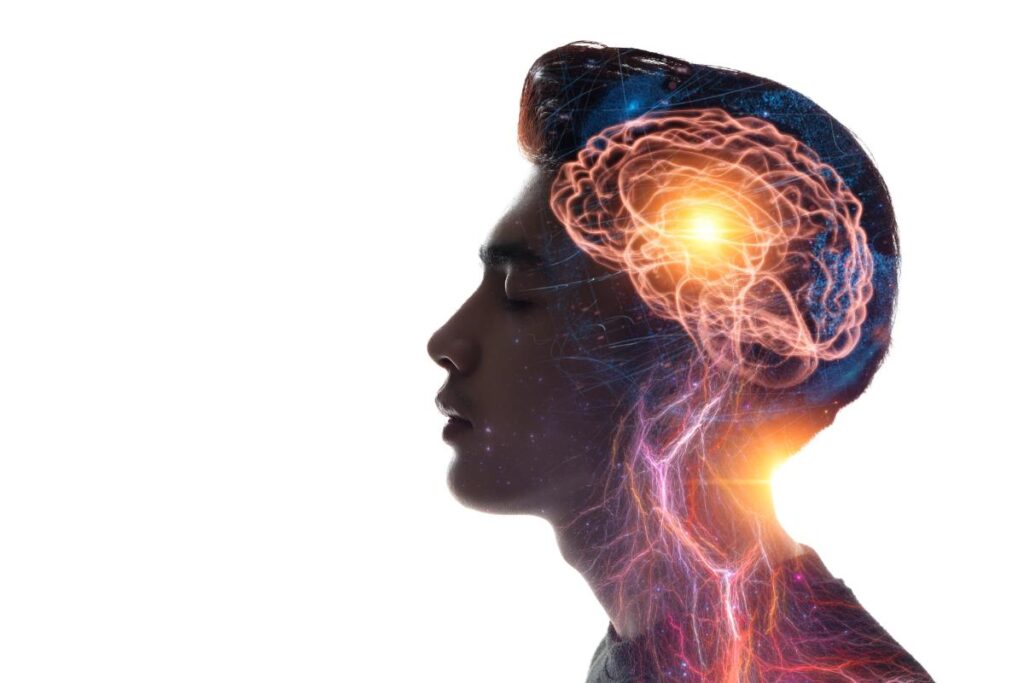Opiate addiction is a serious medical condition that can have devastating effects on an individual’s health, finances, and relationships. Opiate abuse continues to be an issue in the United States due to the availability of drugs like heroin and prescription painkillers. More recently, however, opiate addiction has become even more dangerous with the popularity of illicit fentanyl. Dealers often cut illicit fentanyl—which can be 50 times as potent as heroin—into their products to increase their effects and make them cheaper. Understanding how opiates work in the brain makes it easy to see how addiction can lead those affected to make risky decisions, like turning to fentanyl when they need to use.
Evoke Waltham, an addiction rehab center in Waltham, Massachusetts, has developed comprehensive programs to help people manage their opiate addiction. These treatments are tailored to each individual’s specific needs and may include everything from counseling and group therapy sessions to medication-assisted treatment. Learn more about our opiate and opioid addiction treatment program and get started today by calling 866.276.1920.
How Opiates Work in the Brain
Opiate narcotics are chemical substances that affect the central nervous system. They act as depressants and offer effective, often immediate, pain relief. Opiates are naturally derived and include prescription medications like morphine and codeine and illicit substances like heroin.
The drugs work by binding to opiate receptors within the brain, essentially blocking the perception of pain. The body produces these pain-relieving chemicals naturally. But when opiates bind to opiate receptors within the brain, an even greater amount is produced. Feelings of euphoria and relaxation often result.
Side Effects of Opiates
However, opiates can also cause a wide range of uncomfortable side effects like nausea and vomiting, excessive drowsiness, and a lack of coordination. If someone is repeatedly exposed to any type of opiate narcotic, they will eventually develop a tolerance to the drug. This means that a greater amount of the substance will be required for the same effects to be produced.
Tolerance is the first step in addiction because it’s how opiates work in the brain. An individual begins taking a higher dose of an opiate to achieve the same effects, and if they dos not achieve the desired effects, withdrawal symptoms start. These symptoms can include severe stomach cramping, nausea and vomiting, intense anxiety, muscle aches and pains, insomnia, other sleep-related issues, and extreme agitation.
Opiates and the Brain: Abuse and Addiction
Developing physical tolerance and experiencing symptoms of withdrawal are only two of the signs associated with opiate abuse and addiction. Some additional warning signs include:
- Very small, restricted pupils
- Constantly moving in and out of consciousness, also known as nodding off
- Appearing very tired or drowsy
- Shallow breathing and respiratory depression
- Nausea, vomiting, and chronic constipation
- Excessively itchy skin
- A lack of coordination
- Track marks on the body, usually on the inner arms (if opiates are being used intravenously)
- Experiencing sudden and noticeable mood swings
- Avoiding friends and family members
- An increased need for privacy
- Experiencing legal or financial issues
- A lack of motivation when it comes to fulfilling personal commitments and obligations
- Problems at work or school
If an opiate medication is being abused, the individual will sometimes attempt to obtain more than one prescription at a time or steal prescriptions from friends or family members.
Opiate addiction is a chronic and relapsing brain disease. While this specific chemical substance does take a major toll on the chemistry of the brain, neurological changes can be successfully reversed when sobriety is maintained.
Reversing How Opiates Impact the Brain: Addiction Recovery
Opiate addiction recovery is a multi-phased process, one that begins with medical detox and concludes with a long-term program of continuing care. Recovery does not end simply because sobriety has been achieved. It is important to commit to a program of clinical care and continue in a 12-step program of your choosing. Like any other chronic disease, addiction must be consistently managed to avoid relapse.
Start Opiate Addiction Treatment at Evoke Waltham
At Evoke Waltham, we offer a comprehensive and extremely unique program of addiction recovery to individuals in Waltham, Massachusetts, and all surrounding areas. What sets our program apart is our dedication to convenience. We understand that sometimes you or your loved one will need help immediately, and you cannot idly wait for a bed in a state-run detox center to open up.
Our team is available in person, over the phone, and virtually, so you can access the resources you need 24 hours a day. Some of the programs we offer include day treatment, intensive outpatient treatment, and outpatient treatment.
We also utilize a range of evidence-based addiction recovery methods offering, insight, guidance, and support over the phone or in virtual sessions for when you need help immediately. To learn more about the addiction treatment services we provide or to learn more about opiate addiction recovery, contact us at 866.276.1920 today.


